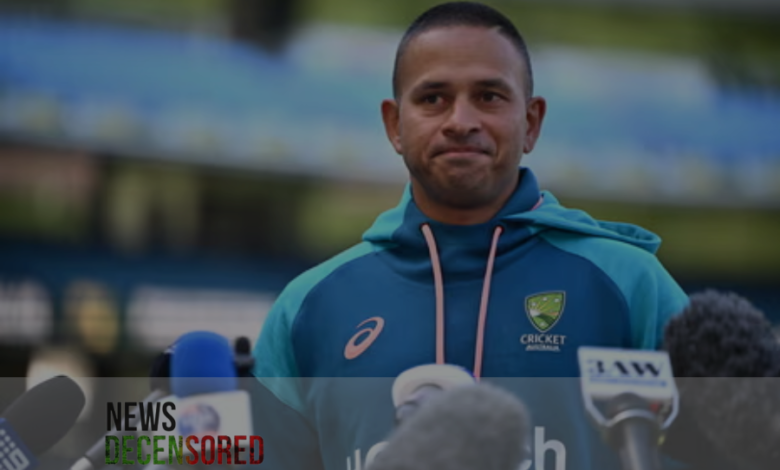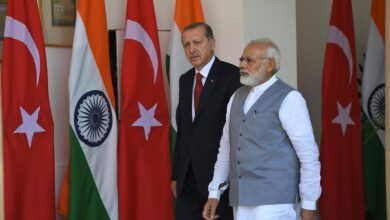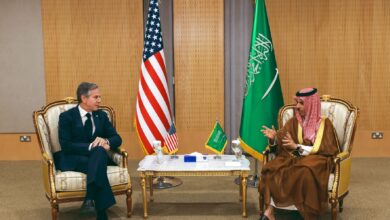Usman Khawaja joined the debate, accusing Peter Dutton of ‘fuelling Islamophobia’ over his comments about Muslim candidates

Australian cricketer Usman Khawaja lashed out at opposition leader Peter Dutton for “fuelling Islamophobia” following his comments regarding Muslim candidates in Western Sydney. It all started when Dutton said that if the government were re-elected, it would likely be a minority government of the Greens and the “green teals,” along with the Muslim independents. He referred to that coalition as a “disaster” that would escalate economic problems like grocery prices.
Dutton made the comments after the defection from the Labor Party that was done by WA Senator Fatima Payman last week. According to her reports, Payman, one of the vocal proponents for the rights of Palestinians, had resigned due to the party’s pace on issues relating to recognition of the state of Palestine and indifference over significant injustices. Dutton tried using this incident to argue that a minority government with different independent and Green candidates, including Muslims, would spell doom for Australia’s economic recovery.
But it wasn’t to be any ordinary response: the first Muslim to play Test cricket for Australia and probably the highest-profile sporting identity from that faith in this country, Khawaja didn’t waste any time. He reacted to Dutton’s comments with outrage on social media, labeling him “an absolute disgrace” and “bigotry at its finest.” It shows a more significant issue of Islamophobia—how such rhetoric might even erode and undermine the Muslim community here in Australia. Raised in Western Sydney, Khawaja knows the struggle of being a Muslim firsthand in that region; thus, his words are all the more potent in their condemnation.
The backlash to Dutton’s comments also puts a spotlight on the increasing political movement among Australian Muslims. One is looking to capitalize on community disaffection with the incumbent government and its handling of issues such as Gaza. Reports of grassroots campaigns to preference candidates more attuned to the concerns and values of the Muslim community abound. All this could have a substantial political effect in some Labor-held seats in Western Sydney.
Payman’s defecting and the game-playing politics afterward pointed to a greater chasm within the Labor Party and between the party and some of its traditional supporters. Death threats and anger from colleagues have been hurled at Payman, who is, more than anything, frustrated with the direction her party is taking and how it handled the question of Palestinian statehood recognition. Her departure underlined the tensions within Labor and its struggles in consummating its constituency’s diverging concerns.
Such instant criticism by Khawaja against Dutton is but a small part of the much larger public discourse being waged about the role of Islamophobia in Australian politics. His condemnation has brought attention to the dangerous outcome of such divisive rhetoric and called for more inclusive and respectable political discourses to be practiced in Australia. Crucial to shaping the following social and political climate in Australia will be the responses from its political leaders as the country approaches the next election.
In summary, Usman Khawaja’s accusations against Peter Dutton for “fuelling Islamophobia” remind us of the challenges and the political dynamics entailed in representing and treating Muslim Australians that have continued unabated. Dutton’s comments on Payman’s defection and the political movements emerging in the Muslim community shape a new narrative in Australian politics, one demanding inclusivity and respect in political discourse.



